Best Metal Detector 2023
What is the best metal detector 2023?
The number 1 question that everyone asks is “What is the best metal detector?” Unfortunately, there is no one single answer. Each metal detectorist has specific needs that cannot be met by one single detector. The easiest way to find the “best” detector is to evaluate your detecting style, your experience level, what items you hope to find, and the time that you will spend metal detecting. After taking all of these things into consideration, then you will be able to find a metal detector that fits your needs and your budget.
If you’re wondering how deep a detector can detect, realize that there are too many variables to be able to unequivocally quote a depth for any particular brand or model. The size of the target, how it is positioned, ground mineralization, ground moisture, and more are just some of the factors that affect the depth of a detector.
When treasure hunting with your detector for coins, relics, or jewelry, use your imagination as to where to hunt — anywhere people are likely to have lost something or left something behind is a likely place to dig up good finds—playgrounds at schools and parks, picnic areas, campgrounds, new construction sites, ghost towns, old homesteads, woodlands, plowed fields and pastures, sports fields, showgrounds, and racetracks, swimming holes, beaches, jetties, and piers. Right under your feet might be a good place to start; you never know what you’ll find in your own backyard! Remember to always know local laws before using your metal detector. Many state and national parks and historic sites do not permit detecting. Be sure to first ask permission to treasure hunt on private property.
There is truly no single “best” type of detector when it comes to gold hunting. But understanding the differences between a VLF (very low frequency) and a PI (pulse induction) detector and their coils can help you decide which detector might be the “best” to use in a particular situation. VLF metal detectors are the most common. It is a single or multi-frequency machine that consists of a continuous sine wave. Sine waves travel down into the ground to find a metallic target, and once it does, the machine charges the target, releases an eddy current, and sends back a signal. The PI metal detector is not a continuous sine wave. Instead, it pulses on and off and on and off. It “talks” and then “listens.”
A VLF machine can have an advantage on shallow and very small targets, on and off of bedrock— as long as you can keep it stabilized, ground balanced, and the sensitivity set properly. PI detectors generally do better at greater depths than VLF machines, especially in highly mineralized soils.
Mono coils are designed for PI detectors. There is a single winding inside the coil that puts a concentric pattern into the ground. You will always get more depth with a mono coil, but it is more susceptible to ground mineralization noise and it will be affected by the ground mineralization itself.
Double D coils work for both PI and VLF detectors. Double D coils have two back-to-back D shaped windings inside the coil. At all times the coils are transmitting and receiving across the plane of the coil. The Double D design is like a knife blade that goes into the ground down the center of the coil. These coils are great at handling mineralization where it essentially takes the ground mineralization and distributes it all the way across the blade, lessening its effects.
Concentric coils work with VLF detectors by using two separate windings inside the coil— one sends and one receives.
When it comes to a round versus elliptical coil, there is really no difference in the size, only shape. Coils are measured off of a round coil configuration. For example, a 14 x 10 inch coil will have the same attributes as a 12-inch coil. The key difference is that elliptical shapes work extremely well in difficult areas.
Although each metal detector has its pros and cons, you can’t go wrong by wearing the best headphones possible, no matter which brand or model you choose. Many gold nuggets you will find are only slight whispers in the detector’s threshold, so you want to always wear high quality headphones. Plastic scoops and a digging tool with a wide blade should also be in your accessory bag. When hunting, limit the amount of metal on your body, which includes wearing non-magnetic boots and belts. Put your car keys in your back pocket. Keep your cell phone in your back pocket, too, and make sure it’s off to avoid any interference.
How To Choose a Metal Detector Based on Experience
Even if you’ve never metal detected before, most machines feature quick start settings that make metal detecting as easy as installing batteries and turning on the detector. With the push of a button, pre-set discrimination settings let you zero-in on finds like old coins, diamond rings, and gold nuggets while filtering out iron junk.
Automatic tuning helps you calibrate your detector for different ground conditions and cancel out interference from power lines. You don’t have to master everything about your detector right away — the in-depth features will be waiting for you when you’re ready for them.
What Price Range Works for You?
Metal detecting is a hobby that can pay for itself. Think of it as an investment for fun, adventure, and excitement.
The better your detector, the more sensitive it will be, and the deeper it will penetrate. Most higher-end models have more features and automation, which makes it easier to tune.
The wealth you find with your detector can add up quickly. A single killer find like a diamond ring, gold bracelet, or an old coin with a rare mint mark could pay for your detector and then some. We hear from people nearly every week about that one find that paid for their detector — it’s far more common than you think.
How to Choose the Right Metal Detector
Metal Detecting for treasures opens up a new world of excitement and outdoor adventures not only for you but can also be a great way for your family and friends to join fastest-growing hobby. Metal Detecting is a fun way to enjoy the outdoors exploring for valuable treasures of all kinds. Not only is Metal Detecting a fun hobby & sport but it’s the only hobby we know that pays for itself with the money and valuables you find. So, what’s the best metal detector for you?

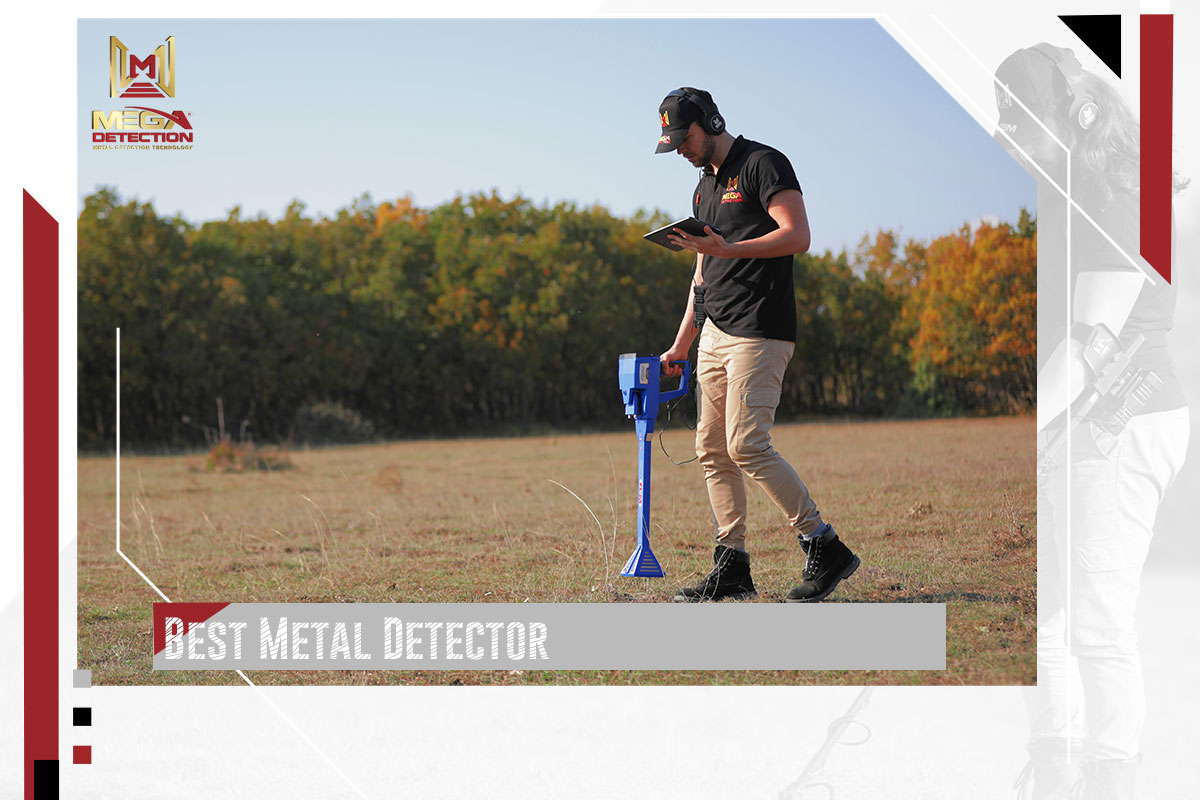
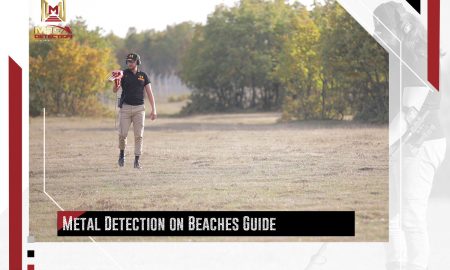
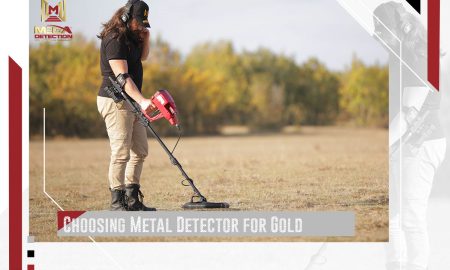
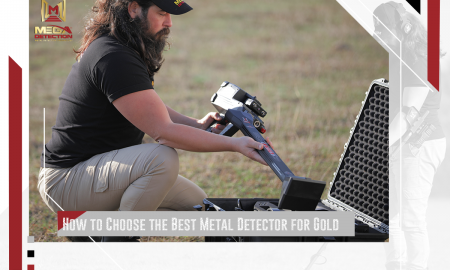
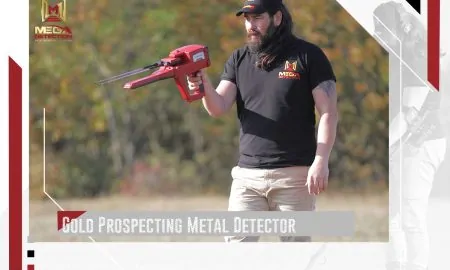

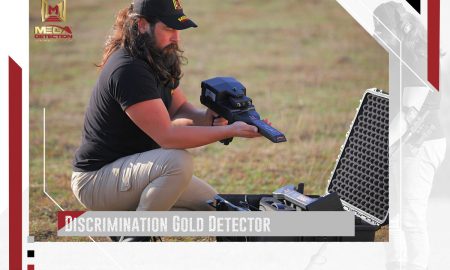
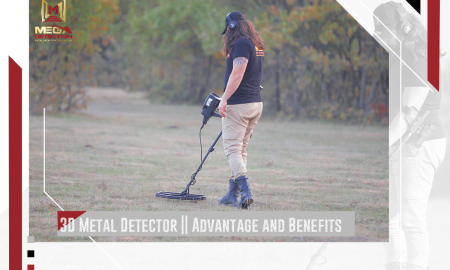
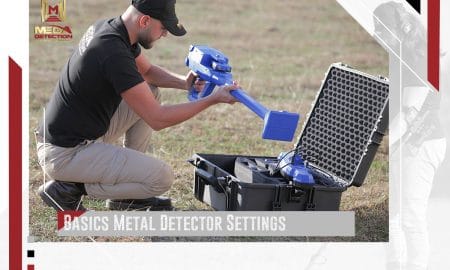

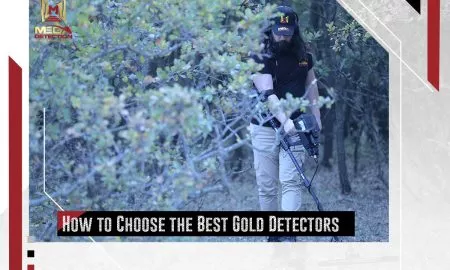
Comment (1)
[…] What is the best metal detector 2023? The number 1 question that everyone asks is “What is the best metal detector?” Unfortunately, there is no one single answer. Each metal detectorist has specific needs that cannot be met by one single detector. The easiest way to find the “best” detector is to evaluate your detecting style, […] […]